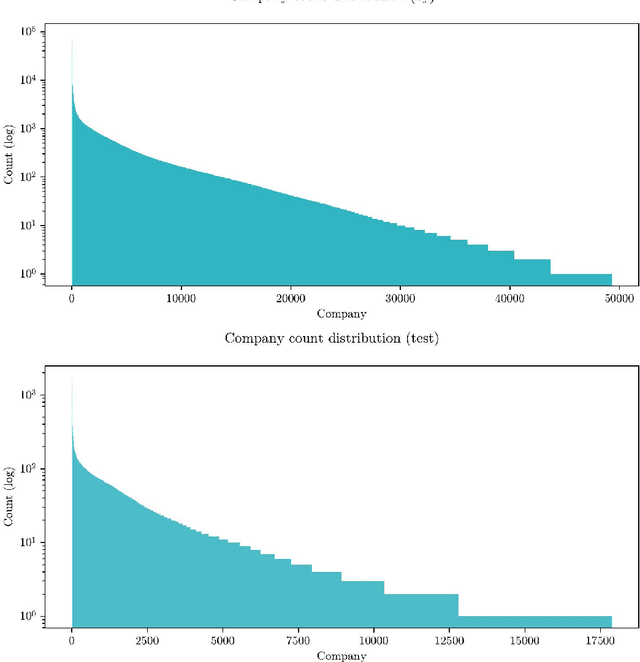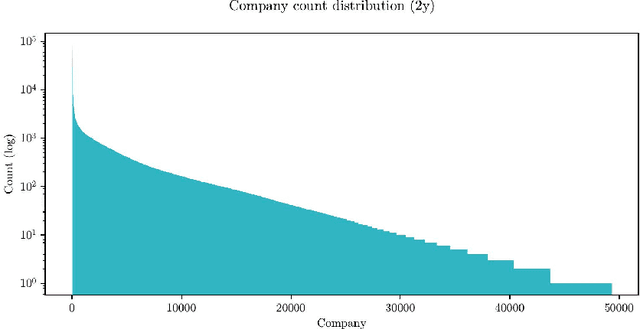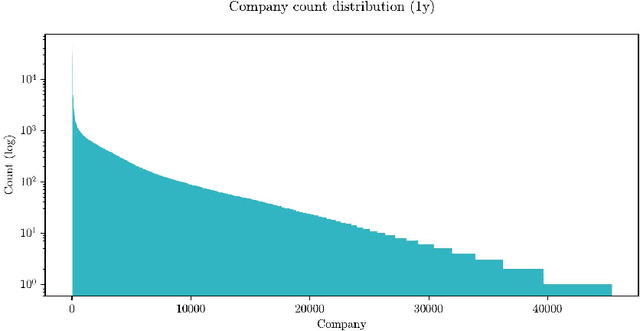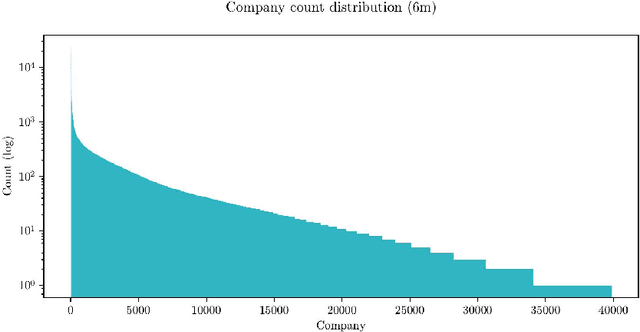Miquel Noguer i Alonso
Game Theory and Multi-Agent Reinforcement Learning : From Nash Equilibria to Evolutionary Dynamics
Dec 29, 2024Abstract:This paper explores advanced topics in complex multi-agent systems building upon our previous work. We examine four fundamental challenges in Multi-Agent Reinforcement Learning (MARL): non-stationarity, partial observability, scalability with large agent populations, and decentralized learning. The paper provides mathematical formulations and analysis of recent algorithmic advancements designed to address these challenges, with a particular focus on their integration with game-theoretic concepts. We investigate how Nash equilibria, evolutionary game theory, correlated equilibrium, and adversarial dynamics can be effectively incorporated into MARL algorithms to improve learning outcomes. Through this comprehensive analysis, we demonstrate how the synthesis of game theory and MARL can enhance the robustness and effectiveness of multi-agent systems in complex, dynamic environments.
FinEAS: Financial Embedding Analysis of Sentiment
Nov 19, 2021



Abstract:We introduce a new language representation model in finance called Financial Embedding Analysis of Sentiment (FinEAS). In financial markets, news and investor sentiment are significant drivers of security prices. Thus, leveraging the capabilities of modern NLP approaches for financial sentiment analysis is a crucial component in identifying patterns and trends that are useful for market participants and regulators. In recent years, methods that use transfer learning from large Transformer-based language models like BERT, have achieved state-of-the-art results in text classification tasks, including sentiment analysis using labelled datasets. Researchers have quickly adopted these approaches to financial texts, but best practices in this domain are not well-established. In this work, we propose a new model for financial sentiment analysis based on supervised fine-tuned sentence embeddings from a standard BERT model. We demonstrate our approach achieves significant improvements in comparison to vanilla BERT, LSTM, and FinBERT, a financial domain specific BERT.
 Add to Chrome
Add to Chrome Add to Firefox
Add to Firefox Add to Edge
Add to Edge